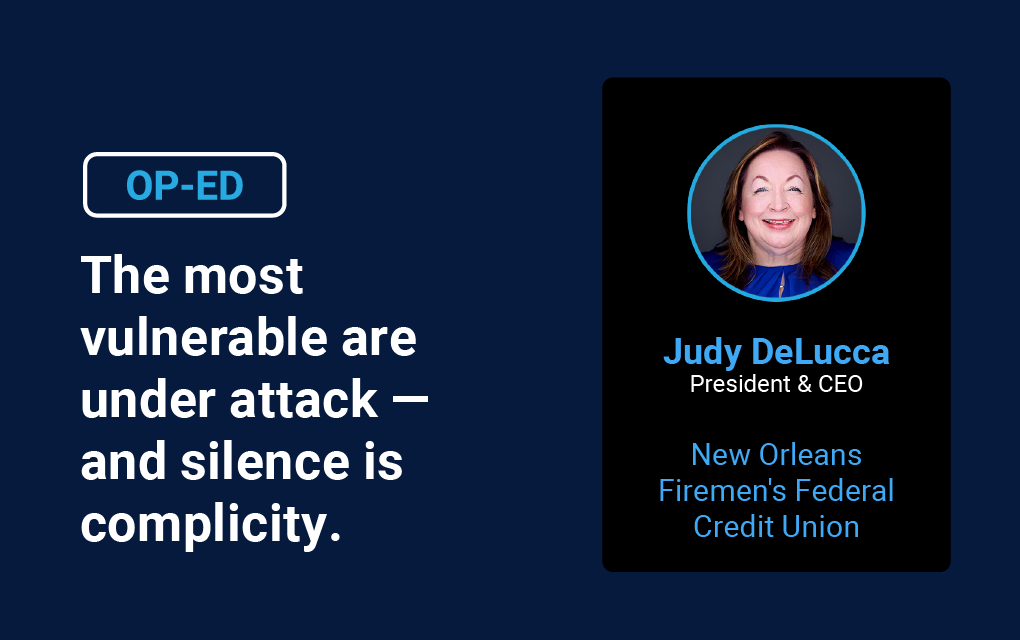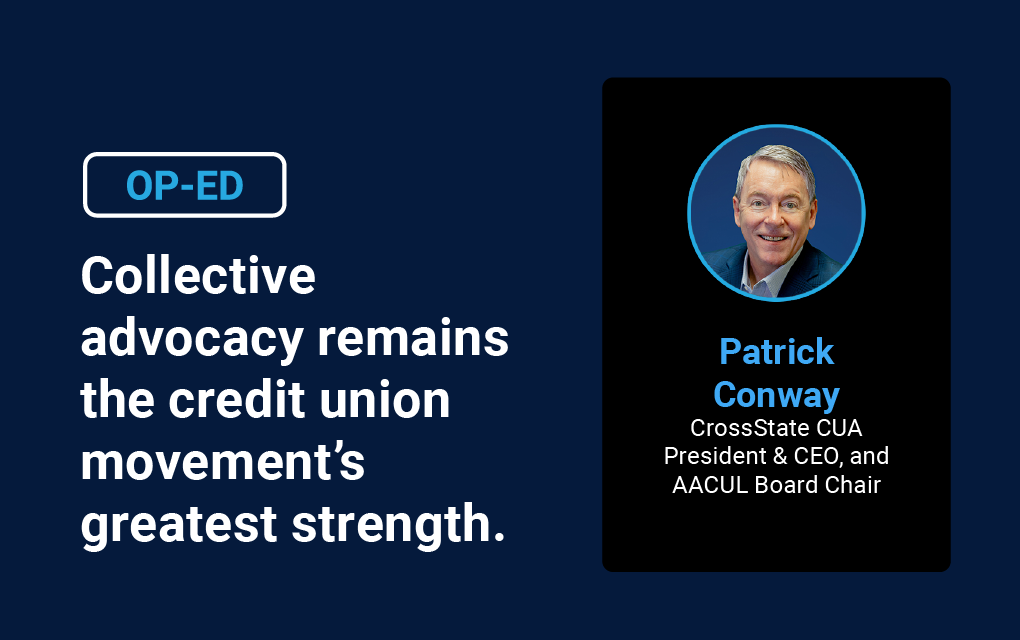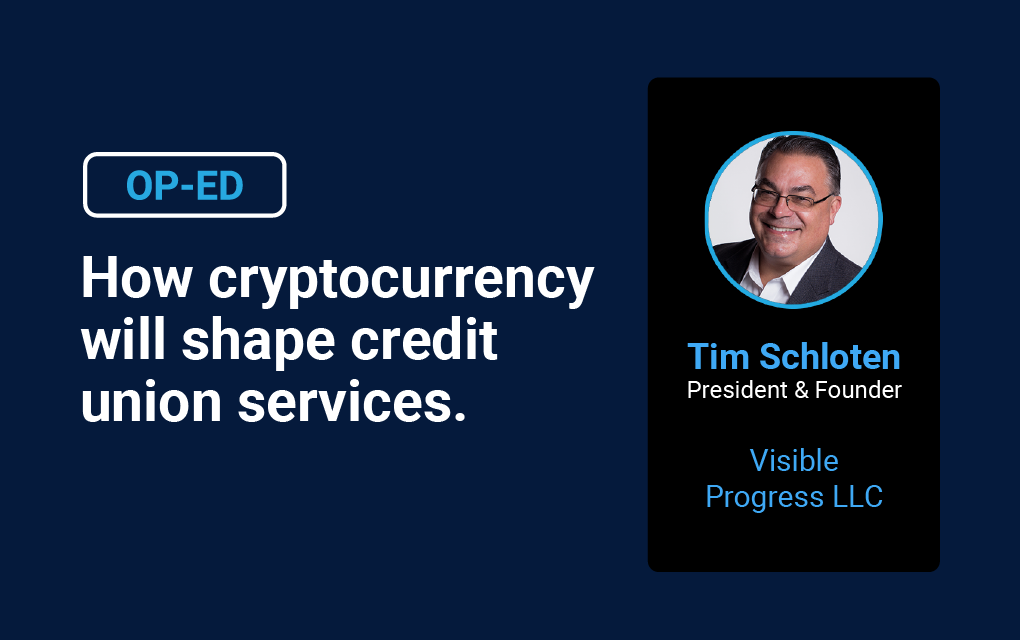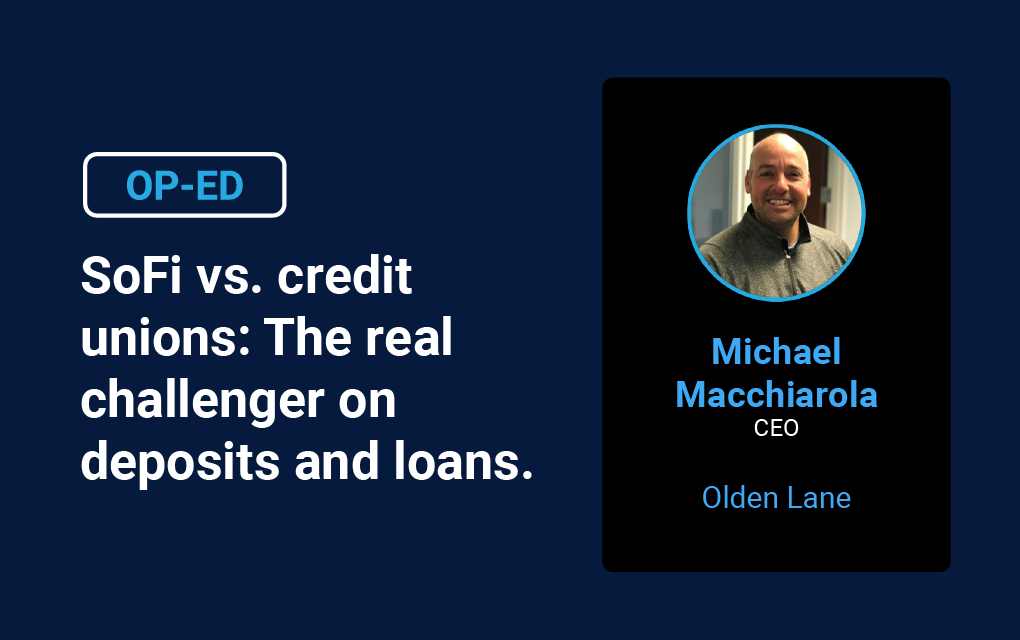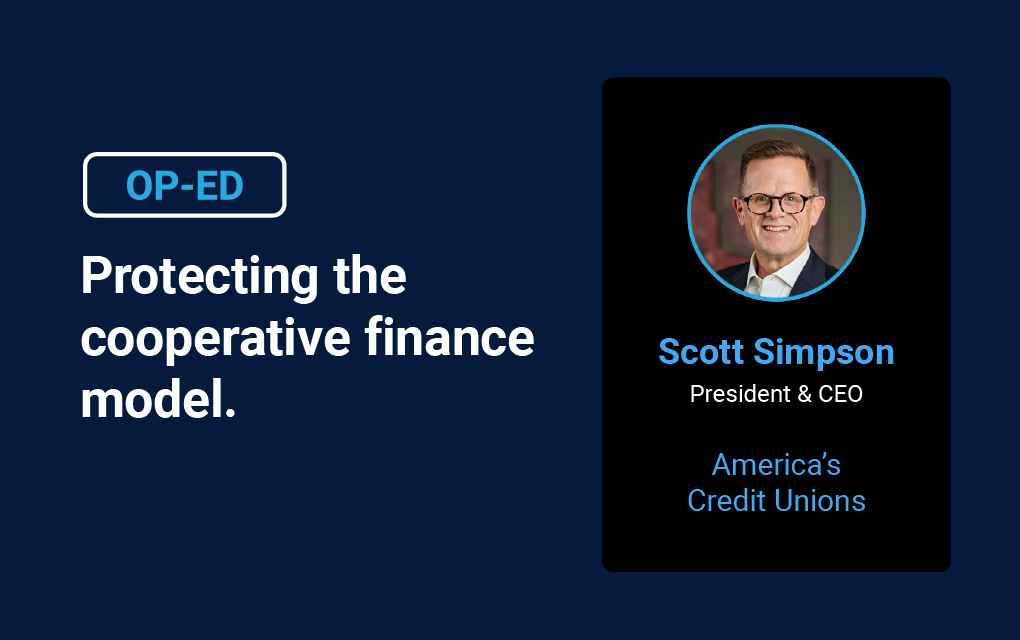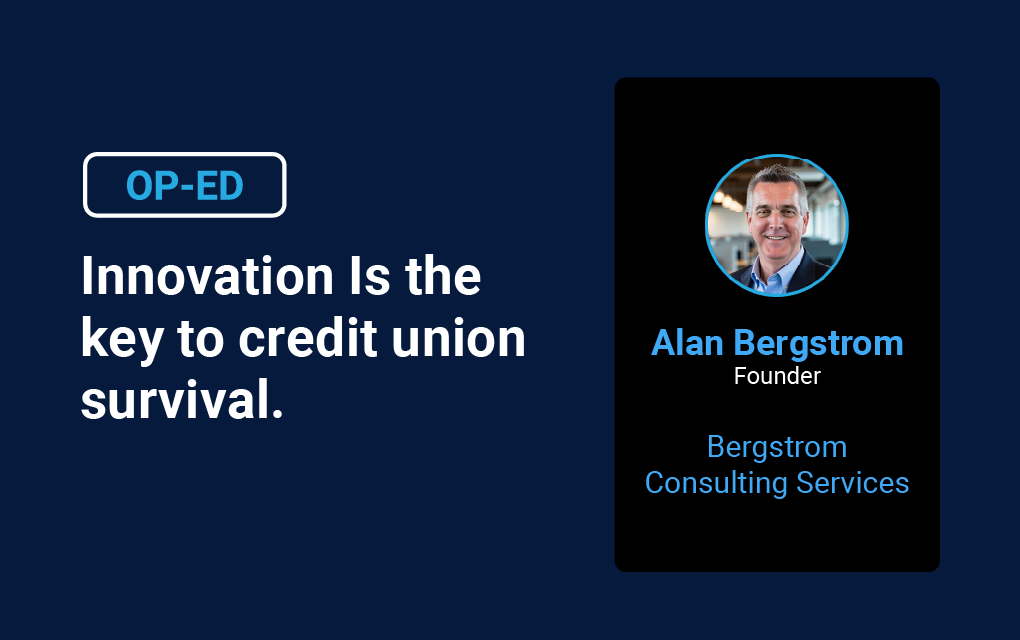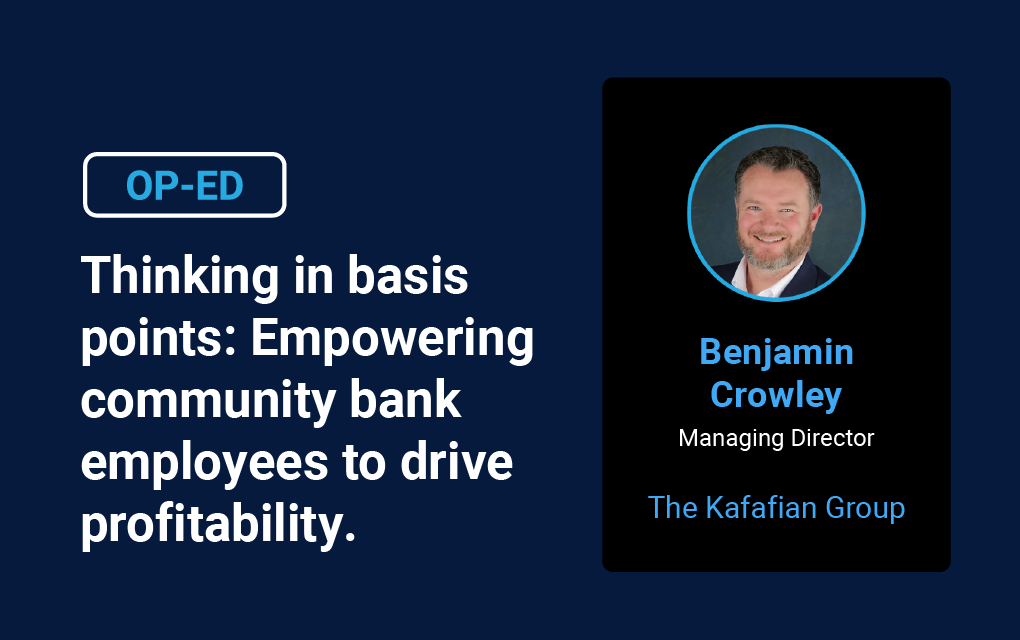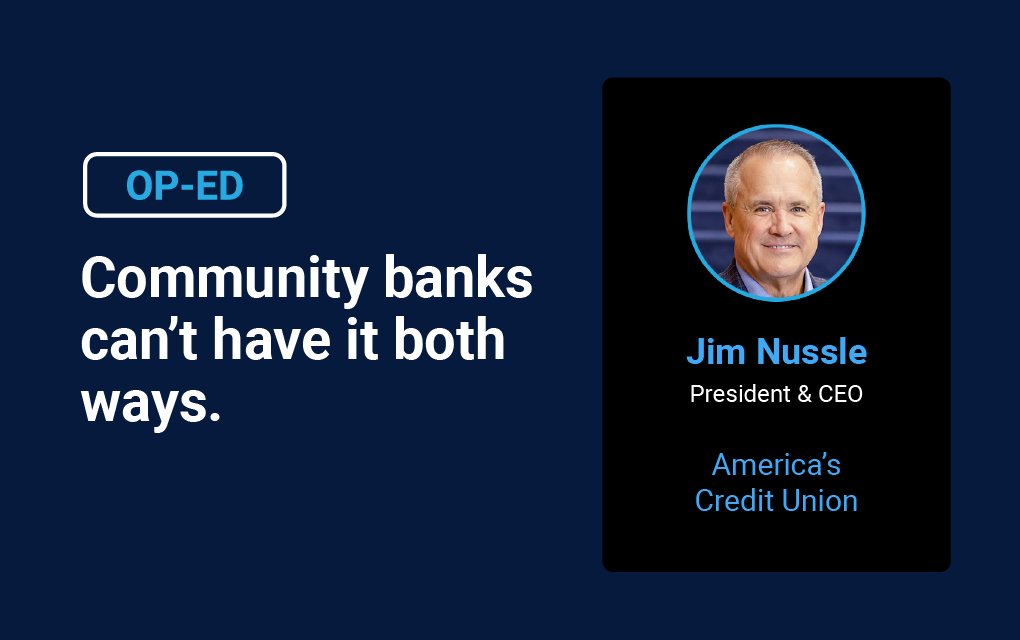Are credit unions throwing away their secret sauce?
Written By:

Aaron Goff
Credit Union Executive & Principal
AG Executive Consulting
You don’t have to be Nostradamus to see that the credit union industry is staring down a serious identity crisis.
Credit unions didn’t become beloved by their members because we were big – quite the opposite. They loved us because we were small, scrappy, and focused on helping people, not wringing every last cent out of them. We were about communities — real ones, with bake sales and handshake loans — not about building sprawling nationwide financial empires. Many of us have forgotten where we came from, dazzled by a string of multi-billion-dollar credit union mergers and afraid of missing out.
Mergers of larger, healthy credit unions solely for the purpose of gaining size used to be rare. These days, we’re seeing frequent mega-mergers that create credit unions with billions or tens of billions of assets and multi-state, if not nationwide fields of membership. When credit unions lose that “people helping people” focus and start thinking solely in terms of scale, sales, and revenue – in short, we start acting like banks – it becomes harder for anyone to see a real difference between their credit union and the average regional bank, except that one doesn’t pay federal income taxes.
Where does all of this consolidation leave members? Most people join a credit union because they want personal service, better rates, and that warm fuzzy feeling of belonging to something local and member-focused. In fact, it’s our secret sauce. Knowing and actually caring about our members differentiates us in an otherwise commodity market, driven by profit. The larger credit unions become, the more difficult it is to provide these benefits. We dilute member input. Board seats become harder for the average member to reach. Decisions are made in corporate boardrooms quite possibly several states away, not in our local communities.
In short, we risk giving away what makes us special.
Of course, this comes at a time when DOGE-inspired regulatory consolidation is a very real possibility, and the bank lobbyists are more determined than ever to quash credit unions’ tax exemption. And that little detail has bank lobbyists practically foaming at the mouth. Are we giving them exactly the ammo they need to put an end to the credit union tax exemption once and for all?
Losing the tax exemption and/or folding the NCUA into the Treasury Department would gut the credit union model overnight. Rates would go up. Fees would creep in. Small credit unions — the ones still clinging to the original mission — would collapse under the pressure. And many credit unions will simply convert to a bank charter – after all, why not? There would be no benefit to the credit union structure.
I know what you’re saying. “We have to grow to survive and compete with the fintechs and big banks!” I get it. We do need to compete and grow our organizations, but when credit unions seek growth purely for the sake of survival, without preserving the reasons we existed in the first place, then what exactly are we saving?
So, what’s the solution? It’s not sexy, but it’s simple:
- We have to remember who we’re supposed to serve and preserve our member-focused mission.
- Growth should be thoughtful, not blind.
- Mergers should happen for member benefit, not just asset accumulation.
- The movement needs to get loud now about the differences that still matter: member ownership, not-for-profit status, community focus, and people over profits.
If we can’t do that, then we may well be hastening our own demise.
Aaron Goff was formerly president and CEO of Embold Credit Union in Oregon. Prior to that, he was chief executive of Public Safety Credit Union in Kansas City.
Disclaimer
The views, opinions, and perspectives expressed in articles and other content published on this website are those of the respective authors and do NOT necessarily reflect the views or official policies of Tyfone and affiliates. While we strive to provide a platform for open dialogue and a range of perspectives, we do NOT endorse or subscribe to any specific viewpoints presented by individual contributors. Readers are encouraged to consider these viewpoints as personal opinions and conduct their own research when forming conclusions. We welcome a rich exchange of ideas and invite op-ed contributions that foster thoughtful discussion.

